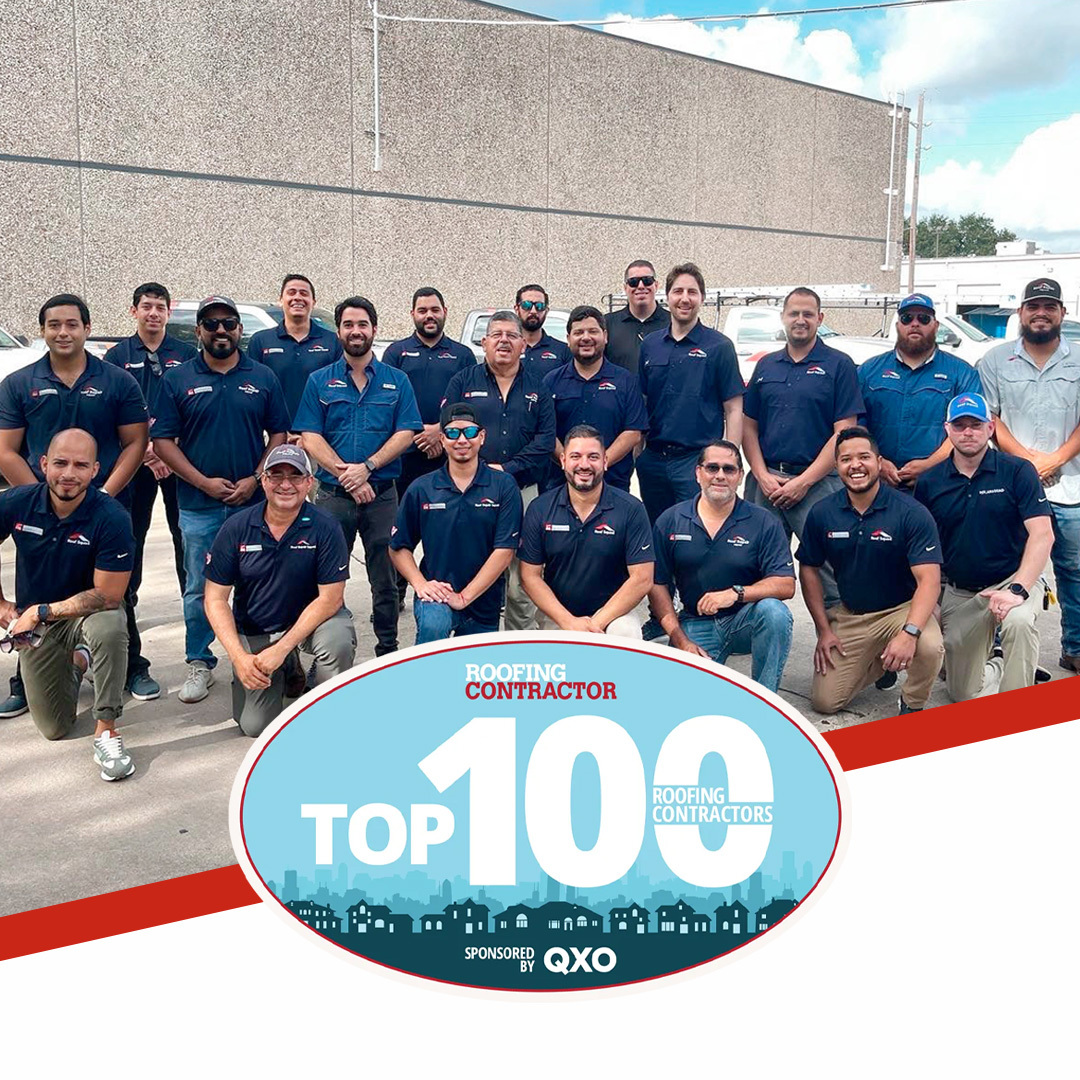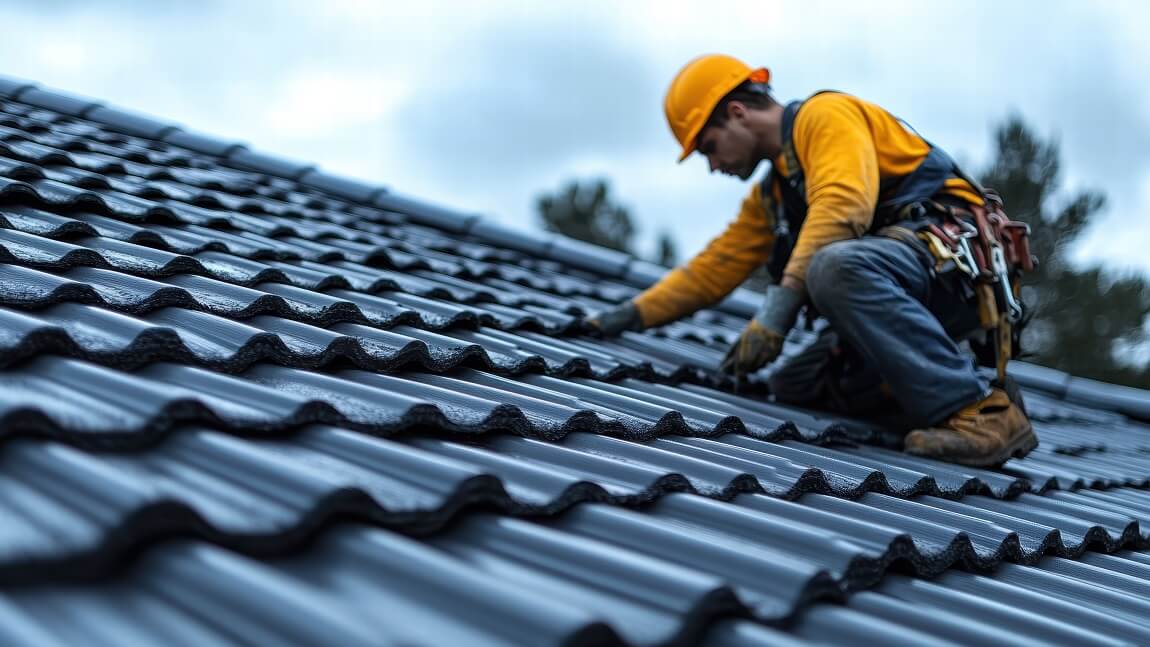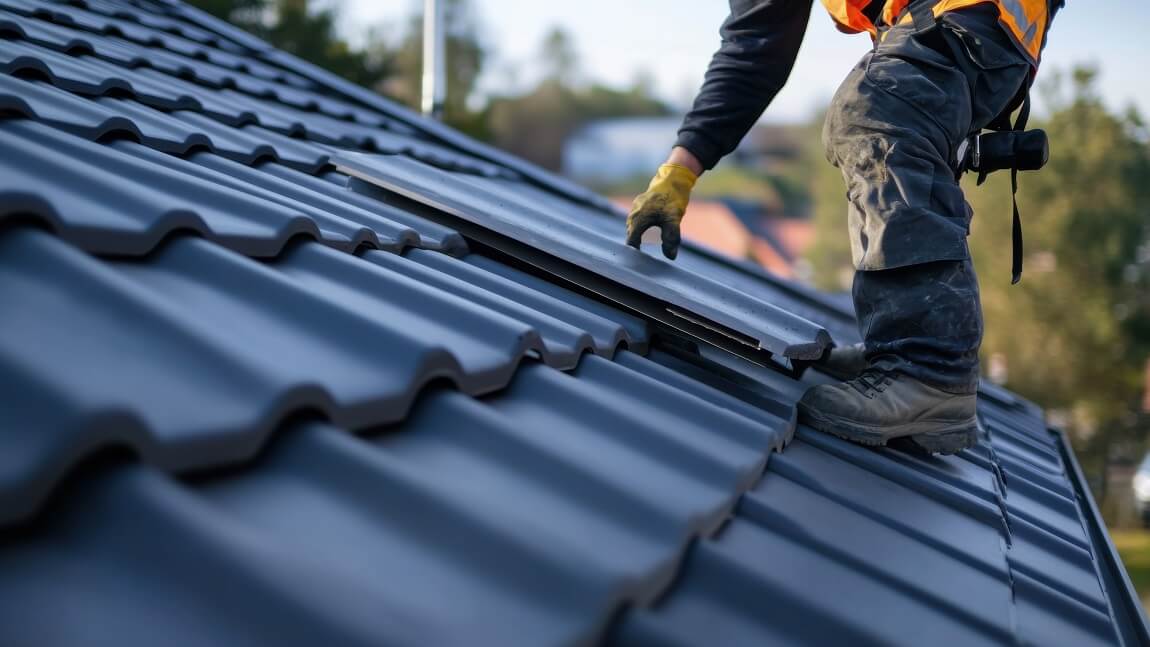Roofing costs in Denver vary widely, and two of the biggest factors influencing the price are the size and complexity of the roof. Understanding how these elements affect costs can help you plan for repairs or replacements more effectively. The square footage of the roof determines the total cost of a roofing project, which includes labor, materials, and time.
How Roof Size and Complexity Affect Roofing Costs
While every roofing project is unique, the average cost of roof replacement in Denver typically ranges from $8,000 to $25,000, depending on size and complexity. The primary factor is size, and here's how it plays a role:
Material Costs
Roofing materials are typically priced per square foot or roofing square (100 square feet). The larger your roof, the more materials are required. Whether you’re installing asphalt shingles, metal panels, or tile roofing, your material costs will scale with the size of your roof.
Labor Costs
Roofing contractors charge labor fees based on the roof's size because a larger roof takes more time and effort to complete. Labor costs can range from $3 to $7 per square foot, depending on the nature of the project. A larger roof also requires more crew members, increasing the total labor cost.
Disposal Costs
If you’re replacing an old roof, the cost will also include tearing off and disposing of old materials.. The larger the roof, the more debris needs to be removed and transported, increasing disposal fees.
Roof Pitch (Slope)
Steeper roofs are more difficult to work on than flat or low-slope roofs. A steep pitch requires extra safety precautions, specialized equipment, and more time for installation.
For example, a high-pitched roof (8/12 or steeper) may require roofers to use harnesses and scaffolding, increasing labor costs. On the other hand, a low-slope roof (4/12 or less) is easier to install, reducing labor expenses.
Roof Shape and Design
Roofs with simple gable designs are more affordable than those with multiple peaks, valleys, dormers, or turrets. More complex designs increase the amount of cutting, fitting, and sealing required, leading to higher labor and material costs.
The cost of a roof generally increases with complexity, ranging from the least expensive simple gable roof to the most expensive multi-level or custom roof, with hip roofs and mansard or gambrel roofs falling in between.
Number of Roof Penetrations
Due to the additional labor and materials needed, installing a roof with many features, such as skylights, chimneys, vents, and dormers, is more costly. Each of these penetrations necessitates extra flashing and sealing to prevent leaks, adding to the overall cost.
Furthermore, these complex rooflines are more susceptible to leaks over time and often demand specialized expertise for both installation and any necessary repairs.
Roofing Material Selection
Different roofing materials require different levels of expertise and installation time. More complex materials like slate, clay tiles, and metal roofing demand skilled labor and take longer to install than asphalt shingles, raising the total cost.
Asphalt shingles are the most affordable roofing option, followed by metal roofing, while tile and slate roofing represent the highest expense.
How to Reduce Roofing Costs
Always get multiple quotes from different roofing contractors to ensure competitive pricing. Scheduling your project during off-peak seasons, such as late fall or early winter, can also lead to cost savings. Finally, regular roof maintenance, including inspections and minor repairs, can extend its lifespan and prevent expensive replacements down the road.
If you're considering a roof repair or replacement in Denver, Roof Squad can help. Our expert roofing team provides detailed estimates and high-quality roofing solutions tailored to your needs. Contact us today for a free roof inspection!










